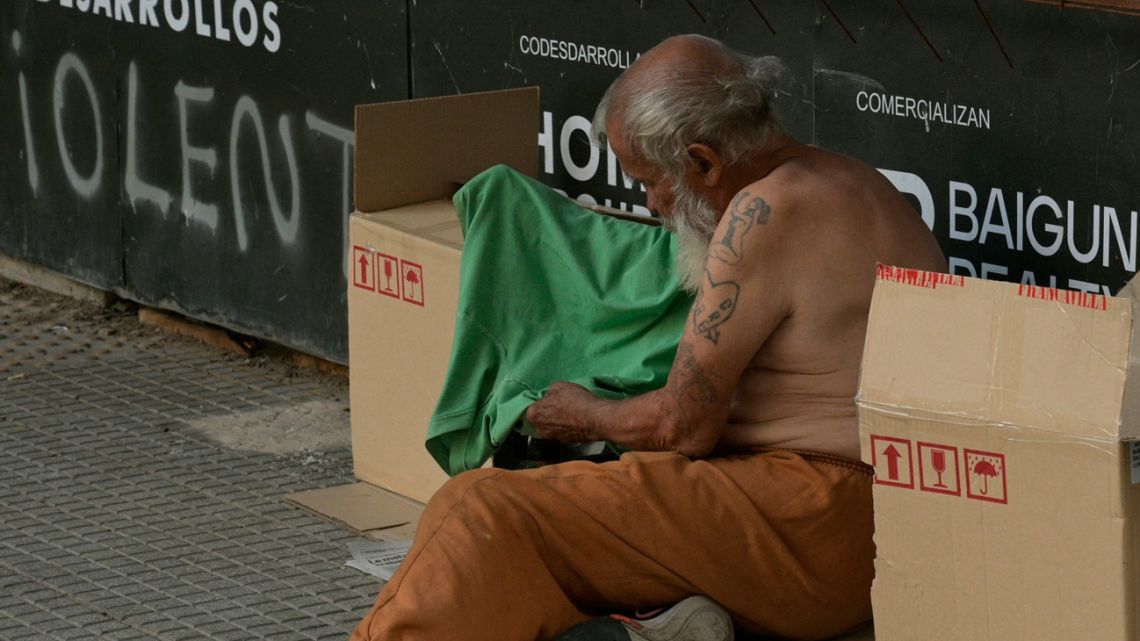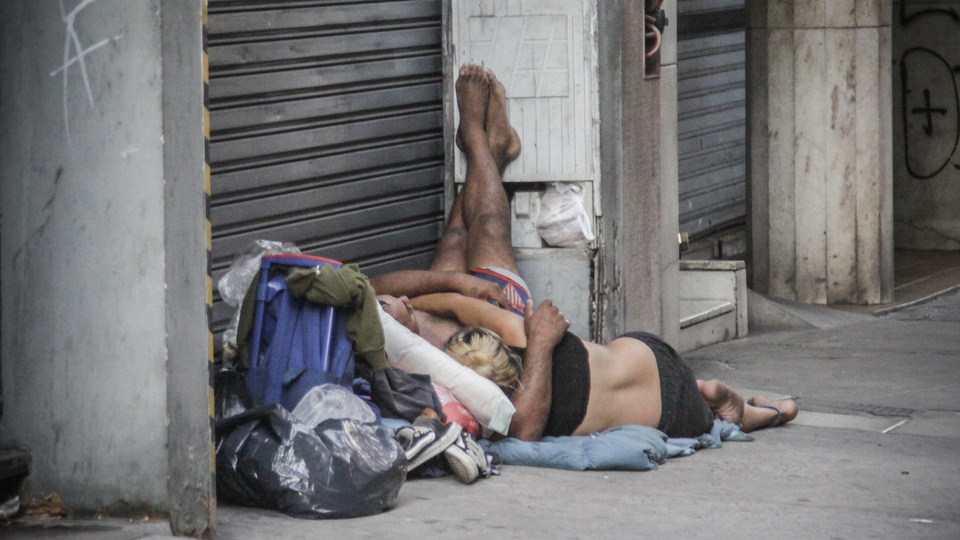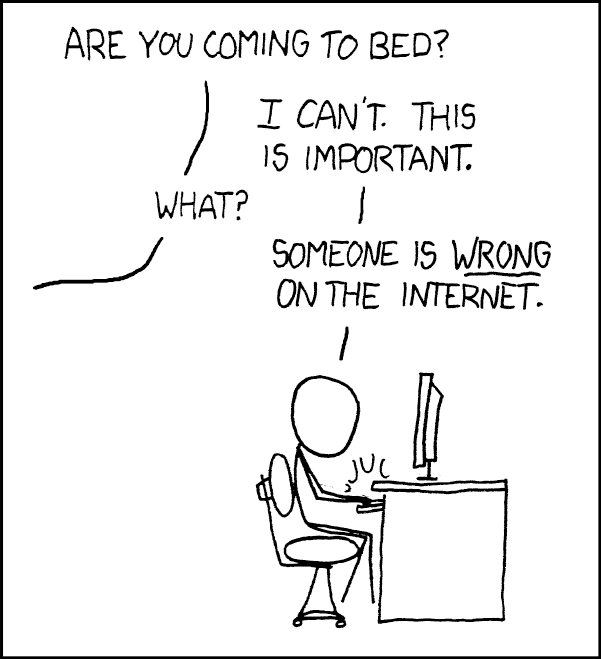antipodean
Registered
- Joined
- Oct 20, 2019
- Messages
- 2,186
- Likes
- 3,361
Please re-read the first comments.I do not understand why it matters if there is not enough cheering and claps from more members of this expat forum. Even worse for you to state that many people here think this is terrible news. That is an incredible leap compared to you just feeling disappointed in people who may still doubt the data reported. This was only reported yesterday. The silence is fine. Does the leader need a parade or some blue ribbon ceremony?
We seem to live in an age where objectivity no longer has a place in political discussions.
Instead of receiving news with objective or intelligent critiques, they are cast off immediately as being non-sensical or lies just because of "who" may be taking "credit" for them or what one choses to see or choses not to see in the same zero-sum footballista style like any Argentine politician who will always either stay silent on the positive results generated by other parties or distract by slinging denial or unrelated mud lest "the good news" threaten their own credibility, beliefs or history that they have constructed for themselves.
Again, for those that have no choice, living with $300 a month at 211% inflation on an upward trajectory is very different to living on $300 a month at 117% or 23% inflation on a downward trajectory - so it is beyond common sense how a downward tendency in the poverty rate (whatever the exact number may be) can be called nonsense, unless there is a bias affecting common sense. No parade or blue ribbon needed or being sought.
As for questioning the exact number, please check out the link from UCA that I posted that questions the exact number reported by INDEC and methodology used.




